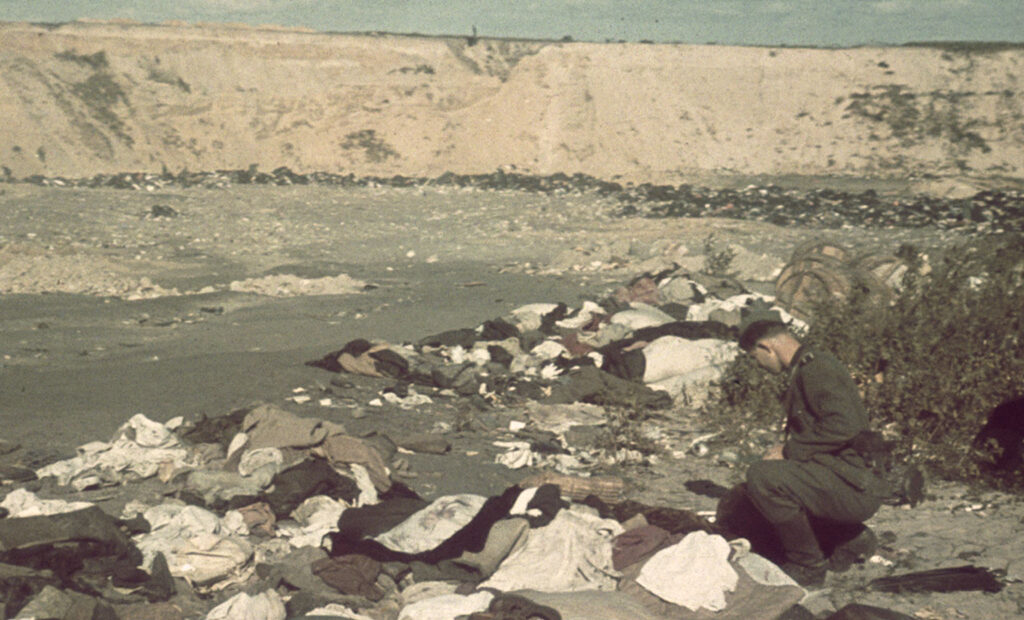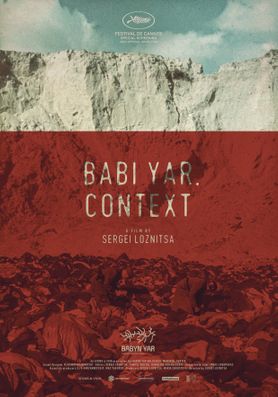Babi Yar. Context

Sergei Loznitsa, one of the most important filmmakers in the world, has always strived to preserve the memory and history of important political movements of the former Soviet states through his various documentaries, including the Euromaidan-focused Maidan and the Siege of Leningrad film Blockade. His new feature, Babi Yar. Context may rank as his most important release yet. It is a mammoth undertaking, retelling the story of when Nazi troops massacred over 33,000 Jews in the Babi Yar region of Ukraine (the director’s home country) prior to the Second World War.
The work is made up entirely of archive footage, stunningly collated to provide an efficient understanding of the traumatic events for a modern audience, who generally may not be aware of this harrowing period. To complete his documentary, Loznitsa worked closely with the Babi Yar Holocaust Memorial Centre to seek out private collections and public archives and uncover the material from 1941.
The film restoration work here is astonishing, and it’s frankly a shock that there have not been many more features which have used the wealth of available footage to remind us of an important, horrifying chapter of history. It’s a testament to the filmmaker’s terrific skill as a storyteller that the clips are assembled with sensitivity surrounding the real truth of the matter – Loznitsa has spoken about how, in the Soviet era, a monument dedicated to the Babi Yar victims labelled them as Soviets but not specifically Jewish people.
It’s a key detail that emphasises the importance of remembering the Holocaust and the preceding events of WW2. In addition to subjecting viewers to disturbing footage of normal life in Ukraine during Nazi occupation, Babi Yar. Context hits even harder by inviting them to read the entirety of the poignant essay Ukraine Without Jews, written by Soviet-era journalist Vasily Grossman, which chronicles the mass murder committed by Nazis with piercingly vivid detail.
Musanna Ahmed
Babi Yar. Context does not have a UK release date yet.
Read more reviews from our Cannes Film Festival 2021 coverage here.
For further information about the event visit the Cannes Film Festival website here.

























Facebook
Twitter
Instagram
YouTube
RSS